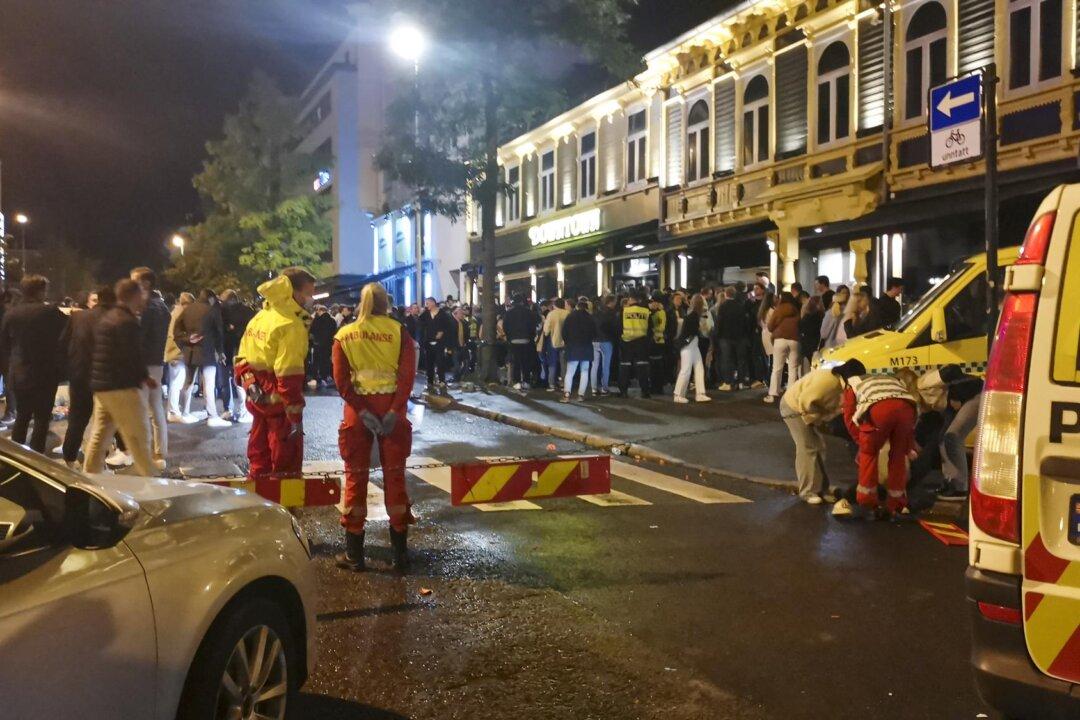Norwegians took to the streets over the weekend to celebrate an end to the country’s CCP virus restrictions after government-imposed measures limited people’s social interactions for about 18 months.
The Norwegian government announced on Sept. 24 that most of the remaining COVID-19 restrictions would be scrapped beginning on Sept. 25, and that life in the nation of 5.3 million would return to normal.





